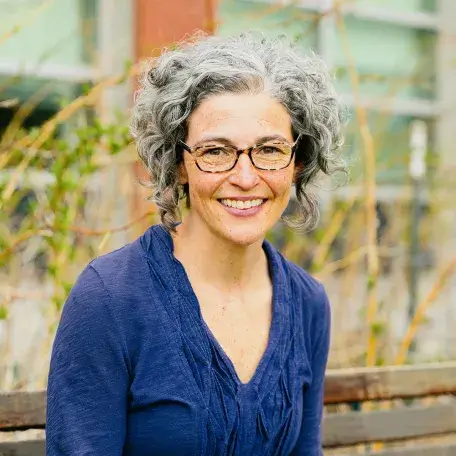Overview | Curriculum | Instructors
Transformative Agroecology
ALE 6110
Covers the evolution of agroecology from its origins to the present, including the myriad ways it is both understood and practiced, evaluating examples from around the world to explore agroecology's biophysical, sociocultural, and political potential for food system transformation.
Program Snapshot
Next Start Date | How Often | Learning Format | Learning Type |
|---|---|---|---|
| August 31, 2026 | Every Fall | Hybrid | Synchronous |
Required Group Meetings | Duration | Time Commitment | Credential |
|---|---|---|---|
| Thursdays, 12-2pm ET | 15 Weeks | 6-8 hours/week | UVM Credit or Digital Badge |
Banner Image

Overview
Overview
Shifting Practices and Paradigms for Food System Transformation
Agroecology is multifaceted - connecting political, socio-cultural, productive, and environmental threads together in an integrated approach to food and farming systems. This introductory course covers the evolution of agroecology from its origins to the present, including the myriad ways it is both understood and practiced. Course participants will explore conceptual and practical content from around the globe, and collectively engage in critical inquiry, reflect on their own place and power within agri-food systems, and assess agroecology’s potential for moving us closer to full transformation of our current food systems.
Course Days and Times
Fall 2026 Semester: August 31 – December 11. Required meetings (online or in-person) every Thursday, 12pm-2pm Eastern.
By the end of the course, students will:
- Apply systems theory to consider agroecosystem and food system dynamics across contexts
- Deconstruct the idea of a human/nature divide
- Describe the foundations of agroecology, honoring its roots in Indigenous and peasant knowledge traditions and identify key characteristics of current debates
- Practice contextualized learning through connecting course concepts to their own immediate foodshed while also engaging with wider food systems dynamics
- Co-create a learning community in which each of us are fully able to show up as creative, active contributors to the space
Curriculum
Curriculum
Ideally, to orient ourselves to agroecology, we would all be somewhere together – immersing ourselves in learning from the land and conditions around us. Since we will be connecting through a hybrid classroom environment, we will lean into this opportunity to engage with examples from around the world while connecting the concepts back to our own context. Agroecology is not built on one-size-fits-all ideas. It is an approach that requires us to think about biophysical, cultural, and political dynamics - to engage with multiple truths and accept discomfort, contradictions, and complexity. All of us arrive at this course with something to learn and something to teach each other, and we will work to build a community where we can push ourselves past assumptions and into deeper understanding. We will hone our skills in critical inquiry, observation, and reflective practice to build capacity for transforming our food systems.
Modules
Instructors
Research Affiliate • Ph.D. Student in Transdisciplinary Leadership, Creativity and Sustainability • Gund Graduate Fellow
martha.caswell@uvm.edu